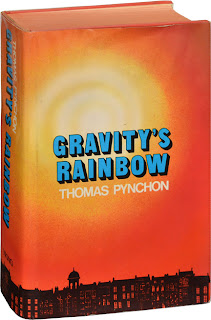Work (not) in Progress
For almost as long as I’ve been reading books, I’ve wanted to write them. I started writing a mystery series when I was 8. (“Michael’s early period,” a critic might say, “reflects an unmistakable Scooby-doo influence.”) I was writing poetry even before that, and later started more ambitious projects, mostly sci-fi monster disasters, like my sadly unfinished Giant Ant Attack, which would have terrified mankind. Unfinished would aptly describe most every story or essay I’ve started since then. I mean, I have a hard time finishing a grocery list these days. Here are the two typical life cycles of my writing projects: idea – excitement – first draft – sharing idea – death or idea – excitement – first draft – editing – disgust – death


